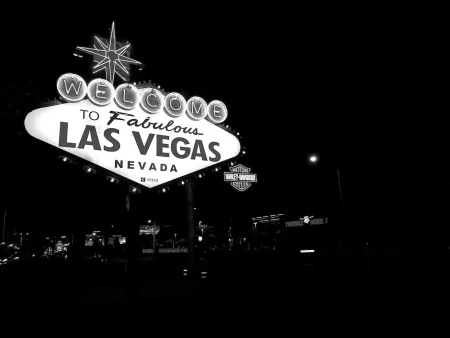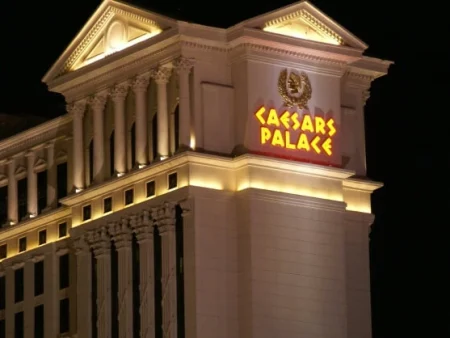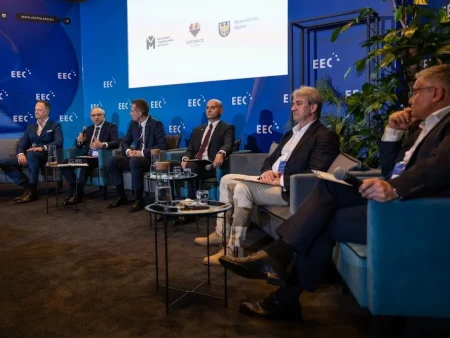Operator association Licensed Dutch Gaming Providers (VNLOK) has agreed to a voluntary advertising code for online gambling (ROK) in the Netherlands, including limits on bonuses and daytime ads online.
With the code, VNLOK – with members including Holland Casino, FPO Nederland, JOI Gaming, Nederlandse Loterij and ZEbet – aims to protect vulnerable groups by extending measures already in place for television and radio advertising to online advertising.
Currently, law states that gambling advertising cannot appear on television between the hours of 06:00 and 21:00. Under the code, this will also apply to video advertising online.
Advertisements will also be banned at all times on channels that have more than a 25% viewership among minors.
In addition, ROK will prohibit 18 to 24-year-olds from making use of bonuses, and ban TV and radio stations from advertising these bonuses. Bonuses will also be capped at €250.
The code will be subject to assessment by the Advertising Code Committee of the Advertising Code Foundation before it is enacted.
“It was not easy to protect the interests of all involved parties, but we have managed to arrive at a robust advertising code for online games of chance that has additional protection for consumers and specifically vulnerable groups,” said Helma Lodders, chairman of VNLOK.
“This involves advice from addiction experts and consumer organisations.”
A draft iteration of ROK was announced in October, but the current code is the first official version. The code will apply until 1 March 2023. An evaluation will be carried out in October 2022 to determine whether this code meets the outlined objectives.
A different trade group – Netherlands Online Gambling Association (NOGA), whose members include Entain, Flutter, Kindred and Bet365 – also called for a new industry code of conduct itself in September.
Legal limits on advertising already exist through the Remote Gaming Act, which launched with the Netherland’s online gaming market on 1 October 2021.
The Act was delayed a number of times before finally coming into effect, with eleven operators receiving licenses under the new regime.
Original Article















